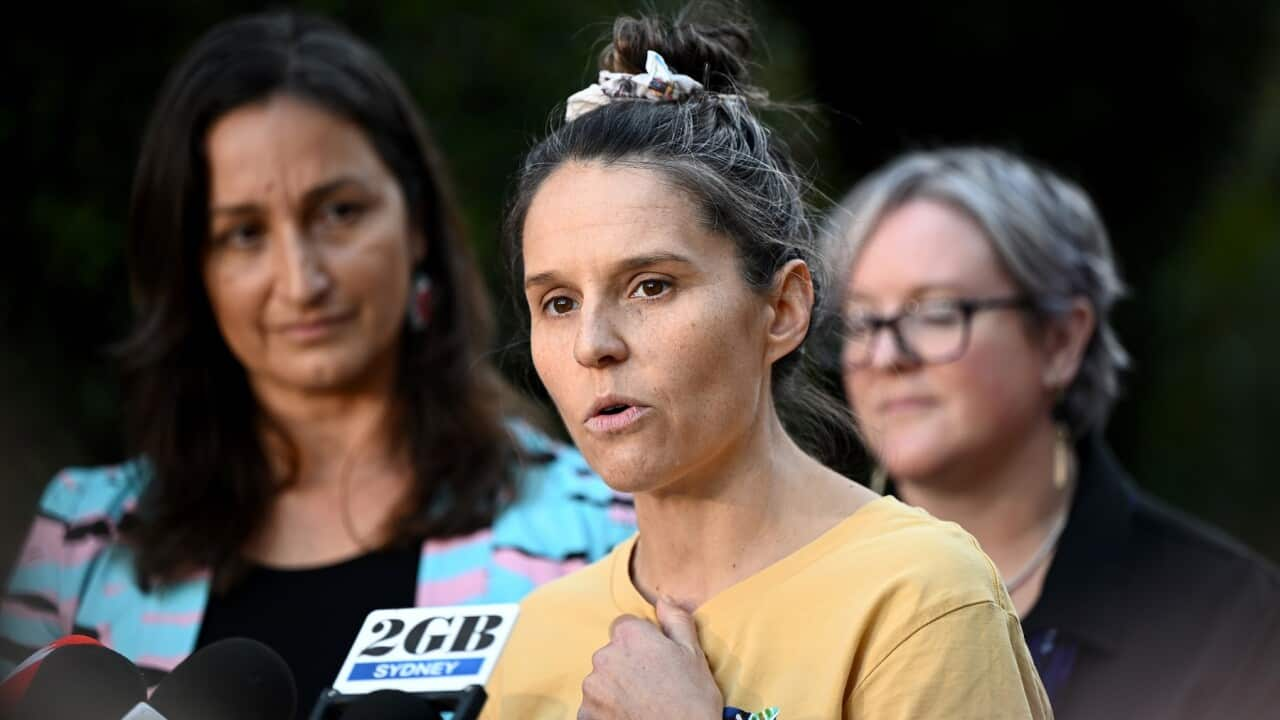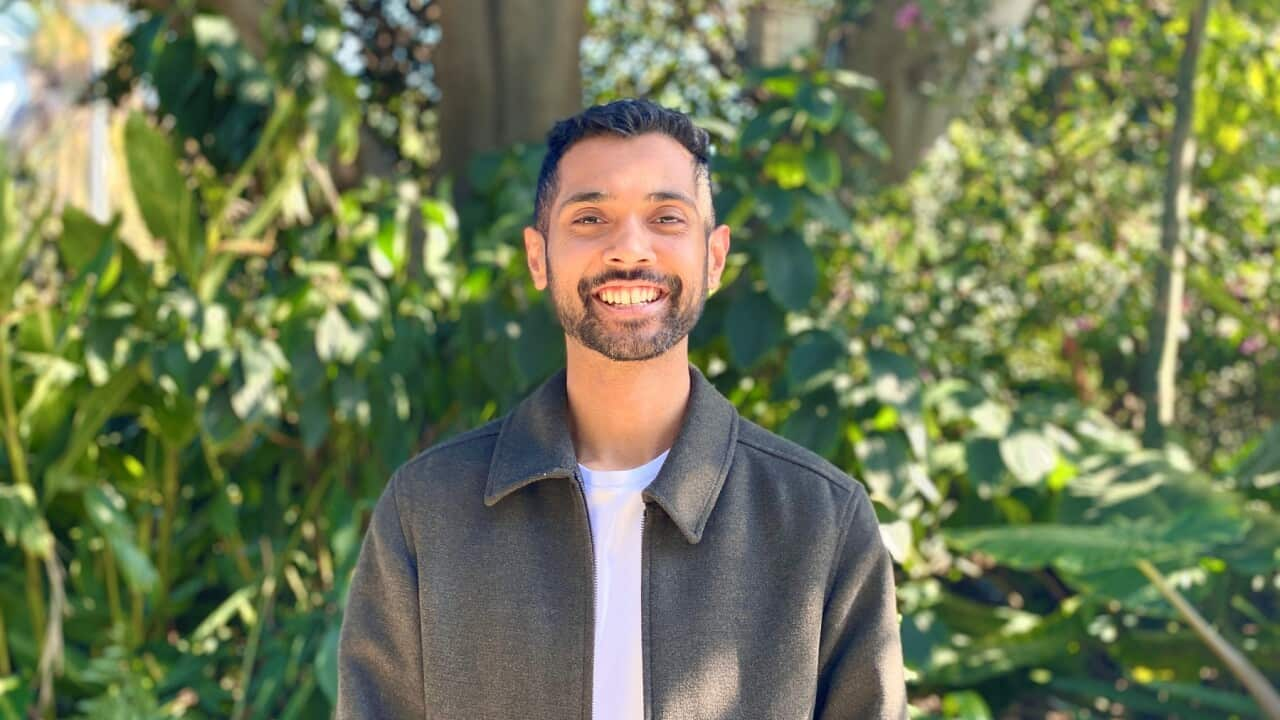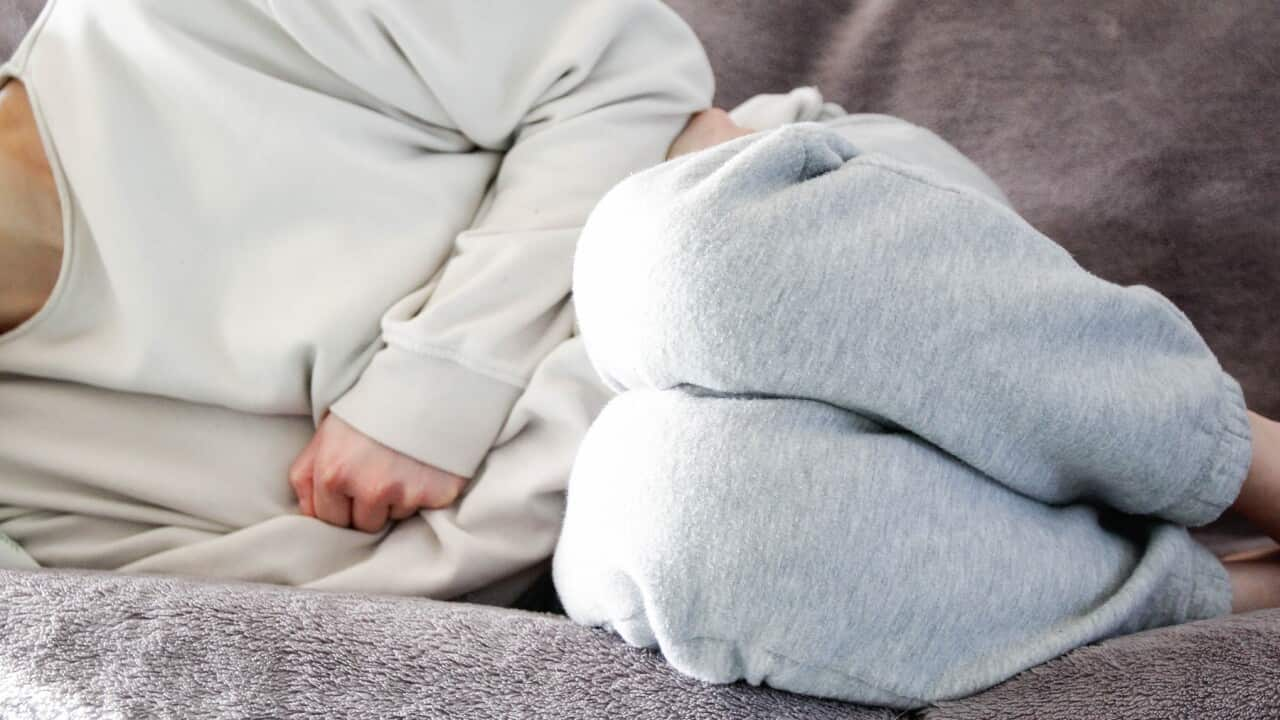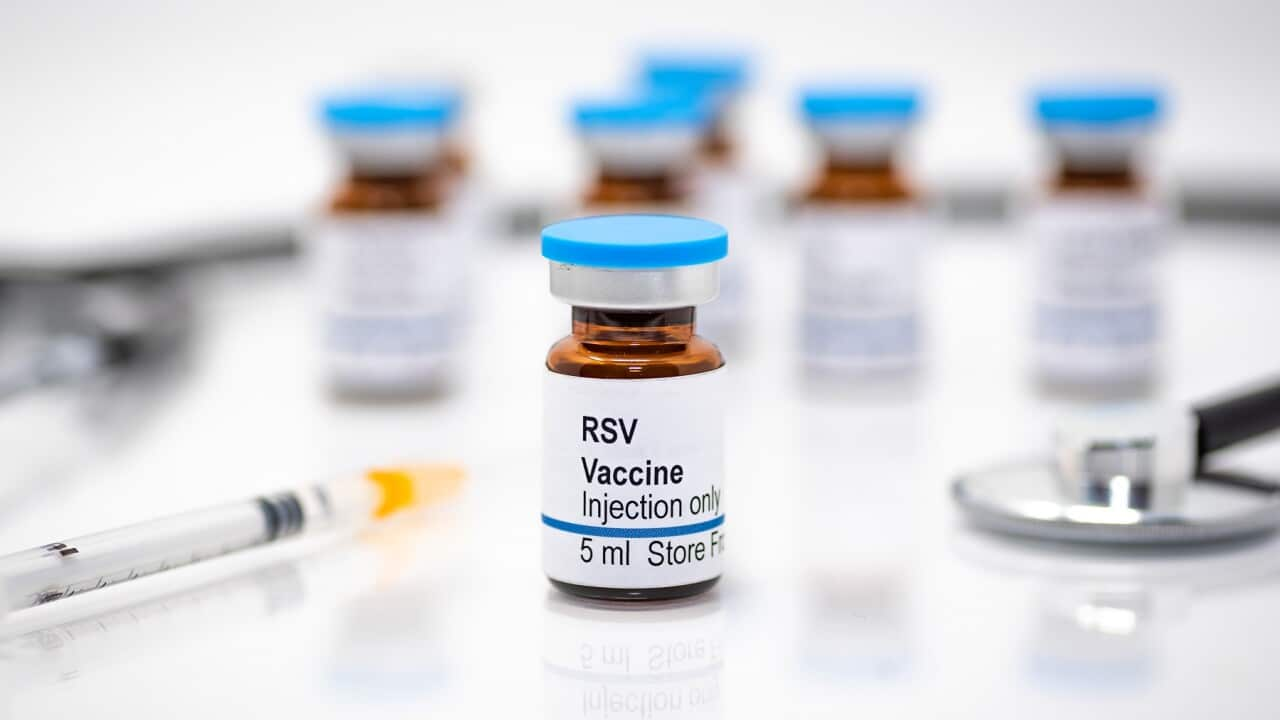TRANSCRIPT
Sam Hall said she wasn't taken seriously during a traumatic birth to her son Koah in 2022.
The 35 year-old First Nations woman said she had 'a lot of issues' with her midwives and doctors from the beginning of her pregnancy.
She lives in Redcliffe, Queensland, and gave birth to her son two years ago.
Sam was experiencing reduced foetal movement two days before her baby was born, but she says doctors simply moved her induction date forward and sent her home.
Sam knew something was wrong at 7pm on Saturday the 5th of March in 2022 when she felt intense pain in her back.
But Sam delayed calling her midwife, fearing she would be annoyed.
"I had a lot of issues with my midwives and I dunno if it was just because I was a first time mother, Aboriginal, I don't know what it was. And then the next day I went into labour and was something was wrong straight away, it was all in my back. So that was about 7pm and then about 2am I kind of couldn't handle it anymore. So I tried to call my midwife to see if I could at least just go in and get checked and get some pain relief. And she told me just have some Panadol and have a shower and go to bed and just wait until in the morning. So I think about eight o'clock we called again to go in and you could just tell she wasn't happy about it, she was kind of annoyed that I didn't just wait. So this was on the Saturday that I went into labour and then the Sunday night I was meant to be getting induced. So by the time we got in there, she even said to me like, 'oh, you couldn't have just held out and waited?' "
One of the student hospital midwives picked up that Sam's baby was in distress in the morning around 10am, and her son wasn't born until 6pm.
"So that whole time they could have gotten him out straight away and it probably wouldn't have been, sorry, as bad. Sorry. (Please take your time.) Yeah, if they had got him out earlier, I don't know if things would've been a bit easier on him or me. Sorry. But yeah, so he was born at 6pm. He wasn't breathing, he'd had a seizure, he had to be resuscitated and he went straight to special care and because had a seizure, they did this thing called cooling down therapy, which helps prevent - so he's got HIE and it helps prevent getting really severe and other brain injuries getting really severe. So with that, he had to be transferred to a bigger hospital in the city."
Sam says as an Aboriginal woman there was added trauma in having her child transferred to a different hospital.
"And that was one of my biggest fears that I had even gone to the head of obstetrics at my hospital and said, I don't want him to be transferred away from me and me not able to go with him because it's such a ingrained thing I think in Indigenous women and mothers of that fear of having a child taken away. So he got transferred about midnight and then I got transferred the next day at 3pm and because of the therapy he was having, we didn't even get to hold him for about four days."
The report from a New South Wales birth trauma inquiry has been released (Wed 29 May), following submissions from 4,000 people including patients, doctors, midwives and experts across Australia.
New South Wales is the first state in the world to hold a birth trauma inquiry, with the committee making 43 recommendations to the New South Wales government, including that all women have access to continuity of care models which were identified as the 'gold standard' of care.
The report also made recommendations regarding the need for comprehensive antenatal education, reviewing laws and training around informed consent, adopting trauma-informed care practices, and improving mental health support and postpartum services.
Dr Hazel Keedle and her colleagues conducted the largest Australian study into birth trauma, and one of the largest in the world in 2021 - known as the Birth Experience Study or 'BESt'.
Twenty-eight per cent of women were found to have experienced birth trauma, and one in 10 had suffered obstetric violence - a term not officially recognised in Australian legislation.
The committee also heard that interventions during childbirth and other factors were shown to correlate to emotional distress, including forceps delivery and inductions.
Dr Keedle says the inquiry's recommendations echo the findings from the Birth Experience Study.
"Women want culturally sensitive trauma-informed continuity of care led by a midwife. I strongly recommend that the New South Wales government appoints a chief midwife and expands access to midwifery group practice, and privately practising midwives. I hope that the New South Wales government acts on these recommendations as they will result in less women experiencing birth trauma and obstetric violence."
Jessica Santos had two traumatic hospital birth experiences, and decided on a home birth just a week ago for her son Kya because she could no longer trust the hospital system.
She says all she wanted was a continuity of care with the same midwife.
"So I ended up giving birth in the maternity ward with an unknown midwife, fragmented model of care, who, to be honest, I didn't feel like she was invested in my labour. I felt like I was an inconvenience. I had to be the good girl and somehow make her like me to survive that experience. I urge the New South Wales government to fix the maternity system so everyone can access the respectful, empowering, and evidence-based pregnancy and birth care that is their right to receive, and the opportunity to experience one of the most transformative, powerful, and central rights of passage in our lives."
Amy Dawes is founder and CEO of the Australasian Birth Trauma Association, an organisation she established after her own birth trauma experience.
She says many of the recommendations are promising, particularly around trauma-informed and continuity of care.
"And one of those key areas, of course, is implementing a trauma-informed care strategy, which we have identified as being one of the key aspects to truly preventing birth related trauma. Because of course it's not always preventable but there are many aspects that can prevent it, which is trauma-informed care, and ensuring that women can really get informed consent during birth as well."
But she says Australia should follow the United Kingdom's lead, and acknowledge the economic burden of birth trauma, and push to consider recommendations at a national level.
"Obviously many more parents in our community are asking whether there will be inquiries in other states, and this is so important. We know with a number of responses to the New South Wales inquiry, and the fact that they needed to extend the dates demonstrates the scale of this issue in Australia as well."
Sam was part of an Aboriginal midwife program which she said aimed to assist Indigenous families from her area.
According to the Aboriginal Health Controlled Research Centre, only 1.3 per cent of midwifes are Indigenous Australian, and yet First Nations people make up 3 per cent of the population.
She says she can't be certain which of her midwives were Indigenous, but says the one student midwife who she knew was Indigenous was the only midwife she felt comfortable with.
"I had a student midwife for a little while there who was Indigenous and she made me feel better than any of the other midwives I'd sort of had to deal with, maybe because she understood more, or she didn't make me feel silly if I had any concerns, and that's how the other midwives had made me feel. From the 12 week scan they had started to pick stuff up with his heart and his size and stuff with the placenta and the umbilical cord so there was stuff going on through the whole pregnancy which did make me quite anxious. And it took me nearly 2 years to fall pregnant, like the whole pregnancy I was kind of anxious already. He was normally quite an active baby and as soon as I could feel he wasn't moving I would freak out. And I went in there one day for it and my midwife, so this midwife kind of snapped at me and just said look what is going on, why are you here? Do you know someone who has had issues or lost a baby? (she was) Kind of making out that I was just I don't know imagining things or trying to stress myself out or worry myself. It was really weird, like she didn't believe I couldn't feel him moving around and that I was just anxious and paranoid. There was a lot of that going on."
Sam says she found the inquiry's recommendations promising, particularly those around cultural training and trauma-informed care for First Nations mothers.
"I think it's that comfort of having someone there who understands, and I know a lot of the issues I had had was a lot of intergenerational trauma with our babies being taken, and that was one of the big things I was scared of, and that was what happened to me. So the comfort of having other Indigenous women there who understand that side of things and just the little things that I think other people may not think of or understand, I think it will be really helpful to Indigenous women."
Sam supports recommendations around debriefing clinics attached to the hospital, particularly following a traumatic birth experience, as well as an increase in Medicare rebates for psychology appointments.
But she says she's still angry and saddened by her experience.
She hopes a similar inquiry can take place in Queensland and across the rest of the country.
"I hope that we can get an inquiry up here as well, because I think a lot of the points I was just reading through would've been so helpful to me, and I'm sure everyone who gone through some kind of birth trauma would've been just so helpful for all of us."













